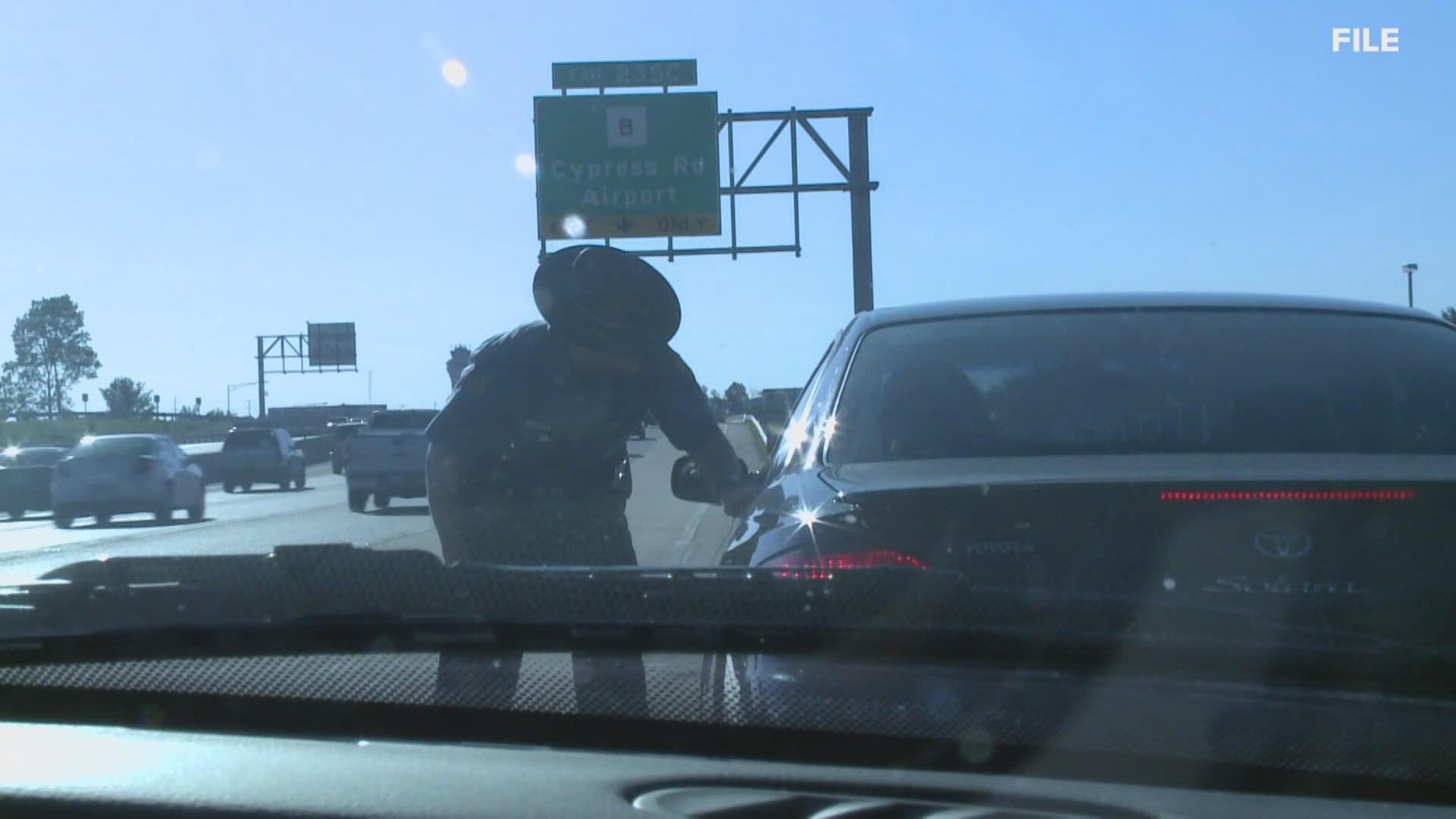ST. LOUIS — A St. Louis man was sentenced to two years in prison after fraudulently obtaining more than $200,000 through scams that included an N-95 mask scam.
Prince Vamboi, 40, was sentenced to two years in prison Tuesday after pleading guilty to three felony counts of conspiracy to commit wire fraud and one bank fraud count back in February.
According to a press release from the Department of Justice, Vamboi scammed a Wisconsin company out of $159,000 in an N-95 scam in 2020. The company, Verona Safety Supply, was asked by Vamboi's co-conspirator to transfer the money to one of Vamboi's bank accounts for the masks, but never received them.
The next year, Vamboni fraudulently obtained a Paycheck Protection Program loan of $18,750. He also deposited unemployment insurance benefits he fraudulently obtained from the state of Washington.
Vamboni also admitted to altering a check for $35,098 by swapping the name of a Texas company with the name of his own company and depositing it in an account he controlled.
The case was investigated by the U.S. Postal Inspection Service. Assistant United States Attorney Diane Klocke prosecuted the case.
“The United States Postal Inspection Service and its law enforcement partners will aggressively investigate those who deal in checks stolen from the U.S. Mail as part of their fraud schemes,” Inspector in Charge William Hedrick said in a press release.
Hedrick is the head of the Inspection Service’s Chicago Division, which includes the St. Louis Field Office.
In December, the U.S. Secret Service said nearly $100 billion at minimum has been stolen from COVID-19 relief programs set up to help businesses and people who lost their jobs due to the pandemic.
The estimate was based on Secret Service cases and data from the Labor Department and the Small Business Administration, said Roy Dotson, the agency's national pandemic fraud recovery coordinator, in an interview. The Secret Service didn't include COVID-19 fraud cases prosecuted by the Justice Department.
While the fraud accounts for roughly 3% of the $3.4 trillion dispersed, the amount stolen from pandemic benefits programs shows “the sheer size of the pot is enticing to the criminals,” Dotson said.



